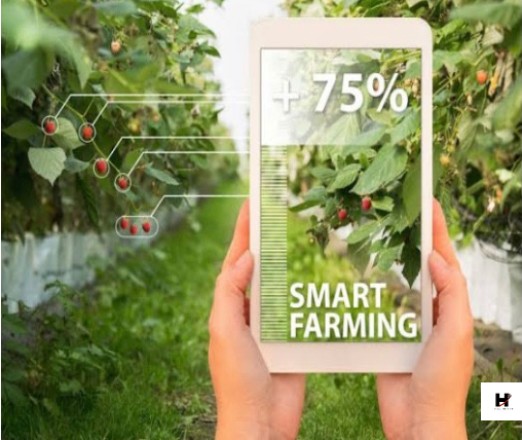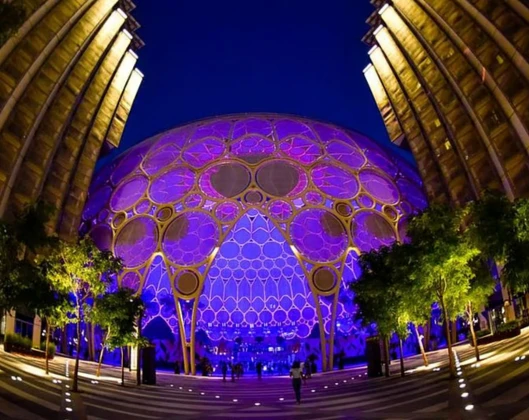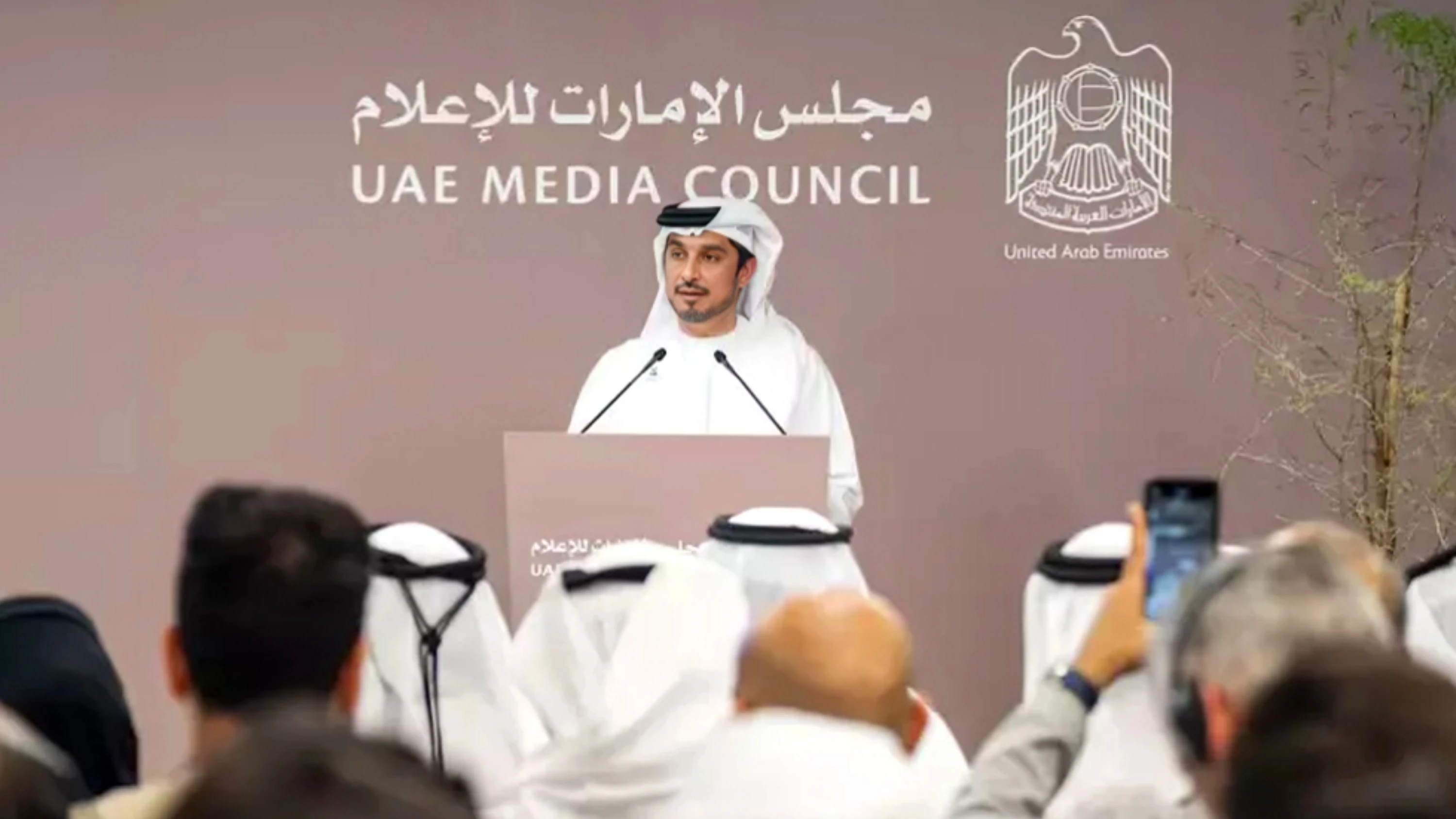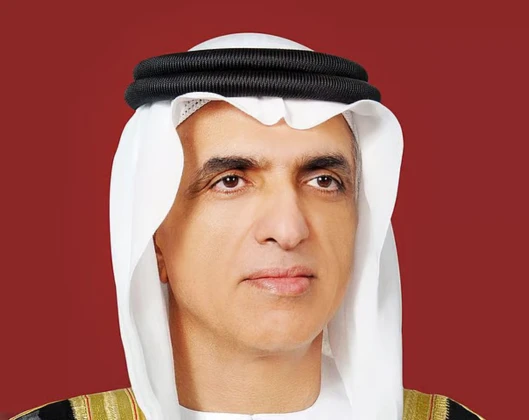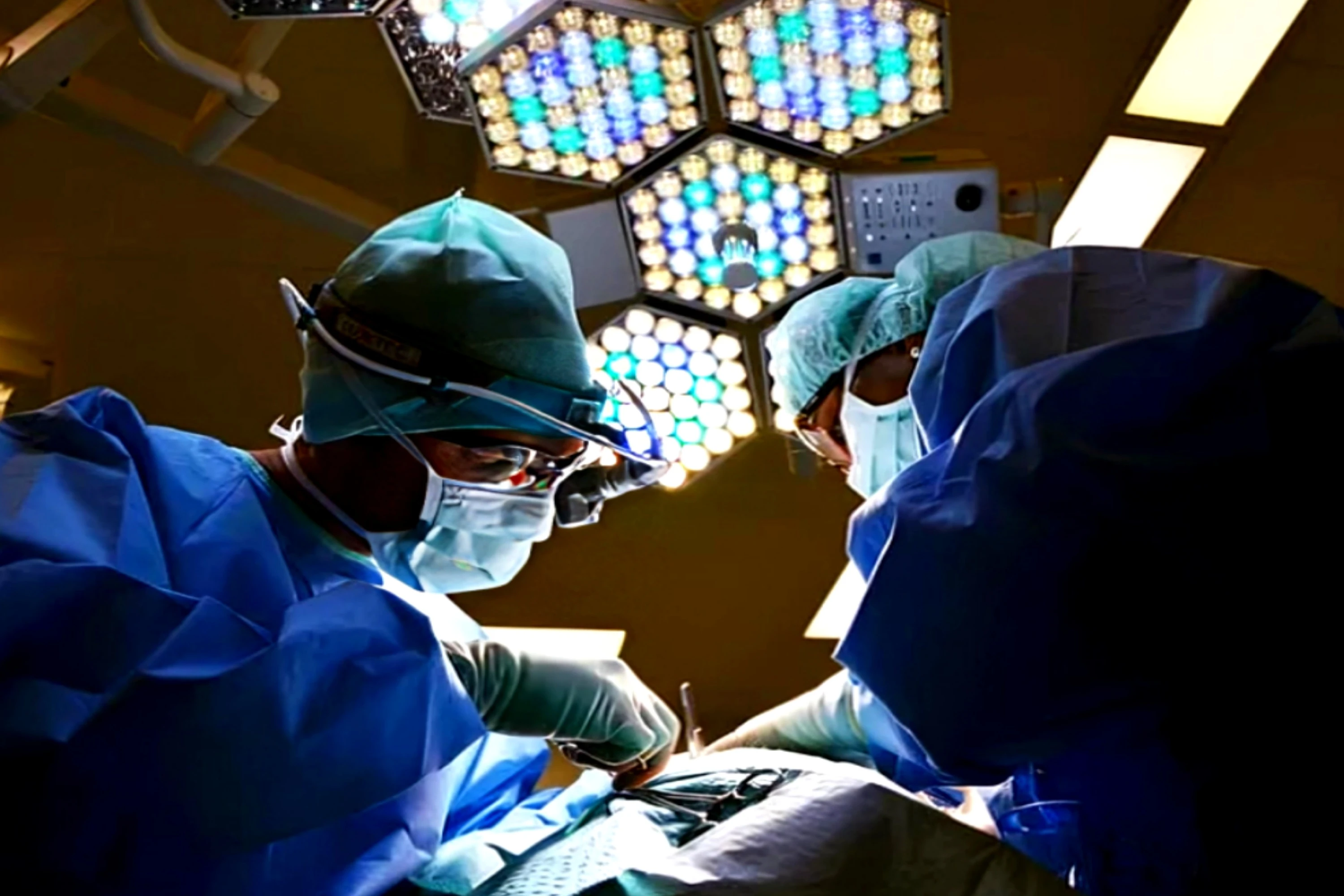Thanks to the efforts of creative food producers, Saudi Arabia is becoming a pioneer in sustainable agriculture while the globe struggles with issues of food security and climate change. In line with Vision 2030's objectives to attain sustainability and economic diversification, these trailblazers are transforming the Kingdom's agricultural landscape via the use of cutting-edge technologies and environmentally friendly methods.
Saudi Arabia's sustainable food producers are utilizing cutting-edge technology like vertical farming, hydroponics, and aquaponics to get around the country's dry environment and scarcity of arable land. Saudi Arabia announced in September 2023 that it had become self-sufficient in fresh dairy products and eggs, with surpluses ready for export, as a consequence of increased efforts to increase the country's food production.
Increased efforts to expand domestic food production by involving all stakeholders, including the commercial sector and civic society, are the reason for this progress. Topian, a prominent business that NEOM introduced in 2023, is one example. By developing sustainable, cutting-edge solutions in five crucial areas: climate-proof agriculture, regenerative aquaculture, novel foods, personalized nutrition, and sustainable food supply and environmental, social, and governance Topian seeks to completely rethink the production, distribution, and consumption of food.
As the Kingdom's organic farming industry has grown by 25% a year and is projected to reach a market value of SAR 2 billion by 2025, sustainable agriculture not only benefits the environment but also boosts economic growth. Programs such as the Saudi Green Initiative have also encouraged farmers to embrace environmentally friendly practices, leading to the reforestation of more than 10 million trees in agricultural areas.
Improving domestic production is essential for food security because the Kingdom imports more than 80% of its food. An important role is being played by vertical farms, like those created by Mowreq, which provide fresh veggies all year round in urban environments. These farms are perfect for cities like Riyadh and Jeddah because they require less land and resources. Sustainable food production will be crucial to Saudi Arabia's economic and environmental future as a result of programs like Vision 2030, which are propelling advancement.

